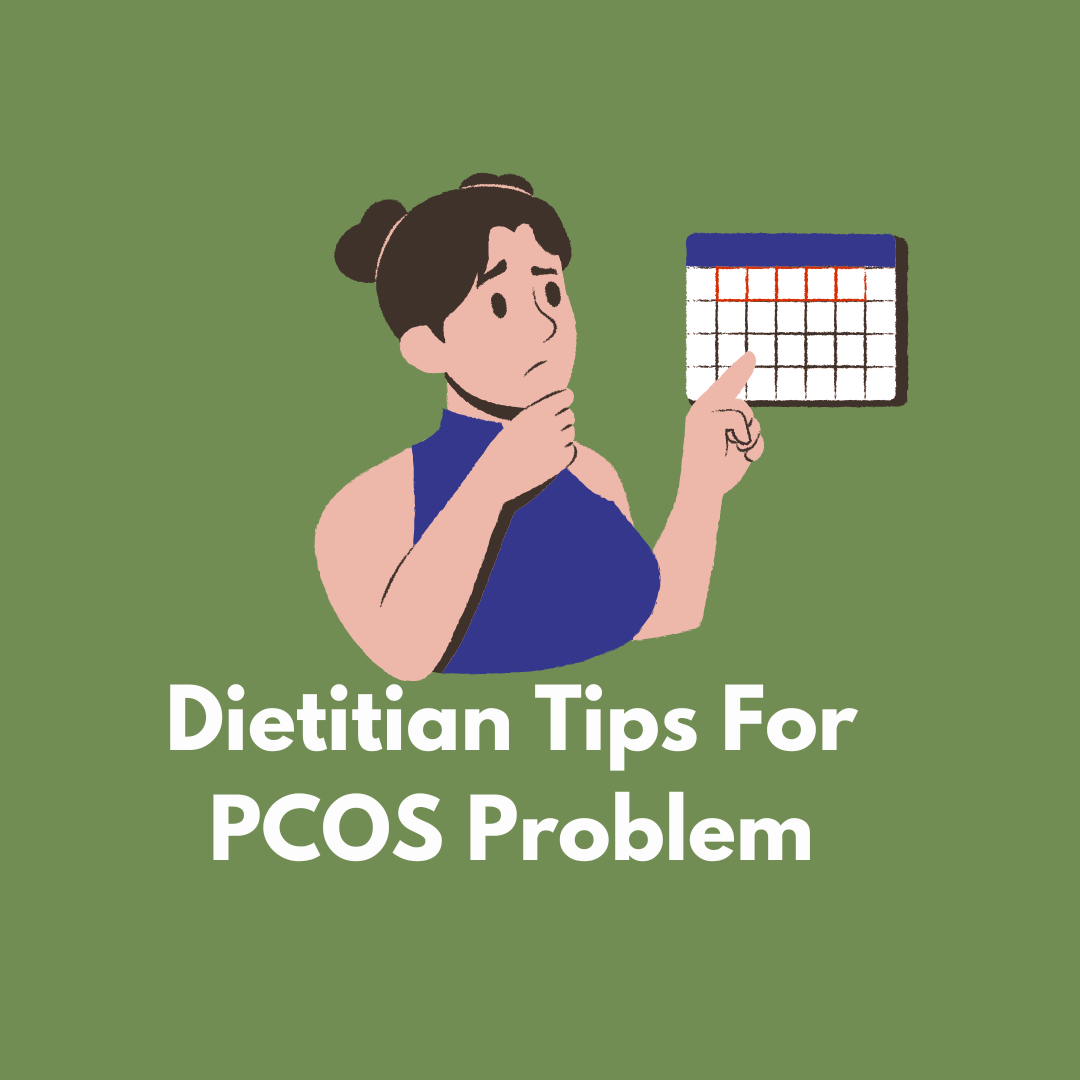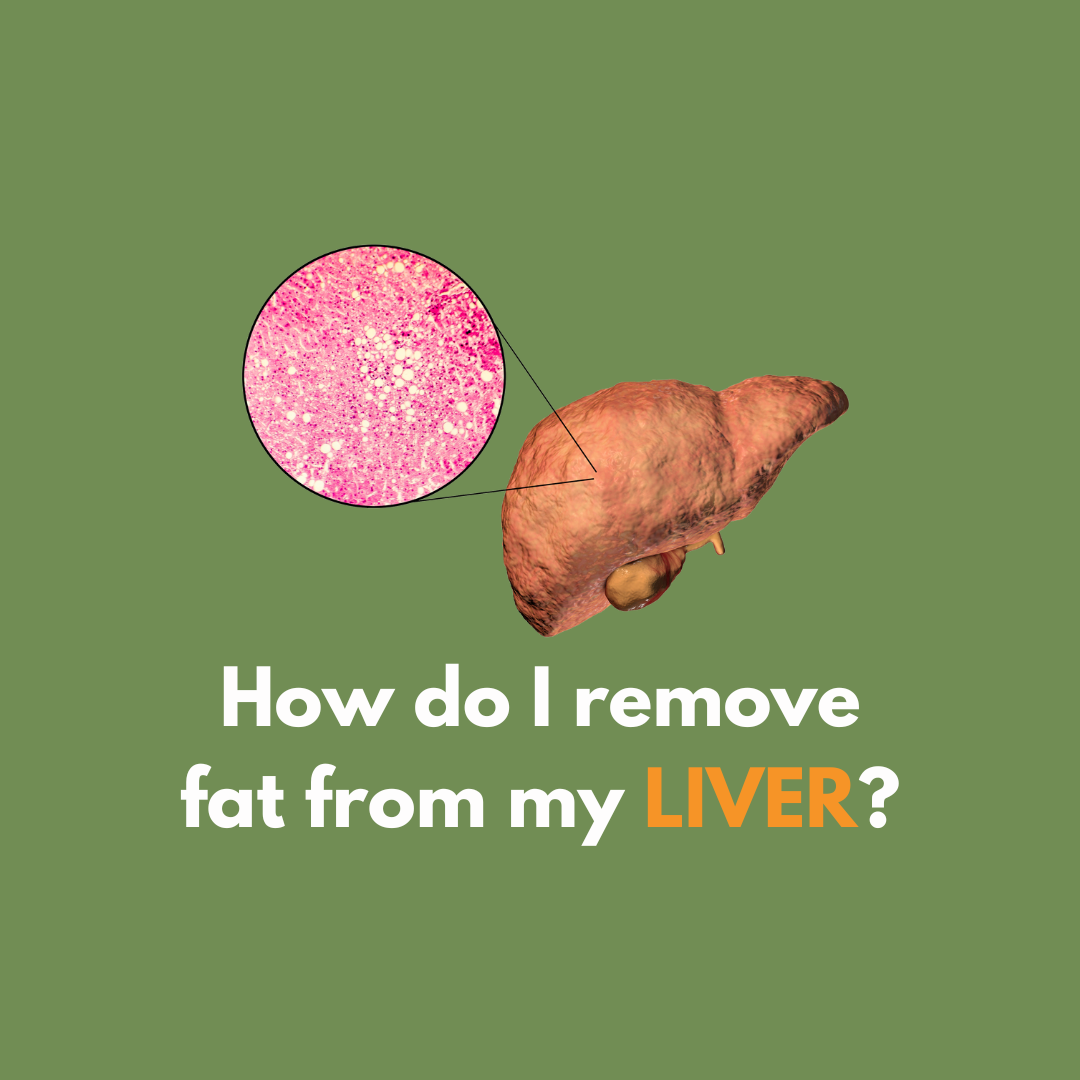Stress
Stress is a normal reaction the body has when changes occur. It can respond to these changes physically, mentally, or emotionally.
APPOINTMENTS & ACCESS
CONTACT US
What is stress?
Stress is the body’s reaction to any change that requires an adjustment or response. The body reacts to these changes with physical, mental, and emotional responses. Stress is a normal part of life. You can experience stress from your environment, your body, and your thoughts. Even positive life changes such as a promotion, a mortgage, or the birth of a child produce stress.
How does stress affect health?
The human body is designed to experience stress and react to it. Stress can be positive, keeping us alert, motivated, and ready to avoid danger. Stress becomes negative when a person faces continuous challenges without relief or relaxation between stressors. As a result, the person becomes overworked, and stress-related tension builds. The body’s autonomic nervous system has a built-in stress response that causes physiological changes to allow the body to combat stressful situations. This stress response, also known as the “fight or flight response”, is activated in case of an emergency. However, this response can become chronically activated during prolonged periods of stress. Prolonged activation of the stress response causes wear and tear on the body – both physical and emotional.
Stress that continues without relief can lead to a condition called distress – a negative stress reaction. Distress can disturb the body’s internal balance or equilibrium, leading to physical symptoms such as headaches, an upset stomach, elevated blood pressure, chest pain, sexual dysfunction, and problems sleeping. Emotional problems can also result from distress. These problems include depression, panic attacks, or other forms of anxiety and worry. Research suggests that stress also can bring on or worsen certain symptoms or diseases. Stress is linked to 6 of the leading causes of death: heart disease, cancer, lung ailments, accidents, cirrhosis of the liver, and suicide.
Stress also becomes harmful when people engage in the compulsive use of substances or behaviours to try to relieve their stress. These substances or behaviours include food, alcohol, tobacco, drugs, gambling, sex, shopping, and the Internet. Rather than relieving the stress and returning the body to a relaxed state, these substances and compulsive behaviours tend to keep the body in a stressed state and cause more problems. The distressed person becomes trapped in a vicious circle.
What are the warning signs of stress?
Chronic stress can wear down the body’s natural defenses, leading to a variety of physical symptoms, including the following:
Dizziness or a general feeling of “being out of it.”
General aches and pains.
Grinding teeth, clenched jaw.
Headaches.
Indigestion or acid reflux symptoms.
Increase in or loss of appetite.
Muscle tension in neck, face or shoulders.
Problems sleeping.
Racing heart.
Cold and sweaty palms.
Tiredness, exhaustion.
Trembling/shaking.
Weight gain or loss.
Upset stomach, diarrhea.
Sexual difficulties.
Tips for reducing stress
People can learn to manage stress and lead happier healthier lives. You may want to begin with the following tips:
Keep a positive attitude.
Accept that there are events that you cannot control.
Be assertive instead of aggressive. Assert your feelings, opinions, or beliefs instead of becoming angry, defensive, or passive.
Learn and practice relaxation techniques; try meditation, yoga, or tai-chi.
Exercise regularly. Your body can fight stress better when it is fit.
Eat healthy, well-balanced meals.
Learn to manage your time more effectively.
Set limits appropriately and say no to requests that would create excessive stress in your life.
Make time for hobbies and interests.
Get enough rest and sleep. Your body needs time to recover from stressful events.
Don’t rely on alcohol, drugs, or compulsive behaviours to reduce stress.
Seek out social support. Spend enough time with those you love.
Seek treatment with a psychologist or other mental health professional trained in stress management or biofeedback techniques to learn more healthy ways of dealing with the stress in your life.
Stress is a situation that triggers a particular biological response. When you perceive a threat or a major challenge, chemicals and hormones surge throughout your body.
Stress triggers your fight-or-flight response in order to fight the stressor or run away from it. Typically, after the response occurs, your body should relax. Too much constant stress can have negative effects on your long-term health.
Is all stress bad?
Stress isn’t necessarily a bad thing. It’s what helped our hunter-gatherer ancestors survive, and it’s just as important in today’s world. It can be healthy when it helps you avoid an accident, meet a tight deadline, or keep your wits about you amid chaos.
We all feel stressed at times, but what one person finds stressful may be very different from what another finds stressful. An example of this would be public speaking. Some love the thrill of it and others become paralyzed at the very thought.
Stress isn’t always a bad thing, either. Your wedding day, for example, maybe considered a good form of stress.
But stress should be temporary. Once you’ve passed the fight-or-flight moment, your heart rate and breathing should slow down and your muscles should relax. In a short time, your body should return to its natural state without any lasting negative effects.
On the other hand, severe, frequent, or prolonged stress can be mentally and physically harmful.
And it’s fairly common. When asked, 80 per cent of Americans reported they’d had at least one symptom of stress in the past month. Twenty per cent reported being under extreme stress.
Life being what it is, it’s not possible to eliminate stress completely. But we can learn to avoid it when possible and manage it when it’s unavoidable.



